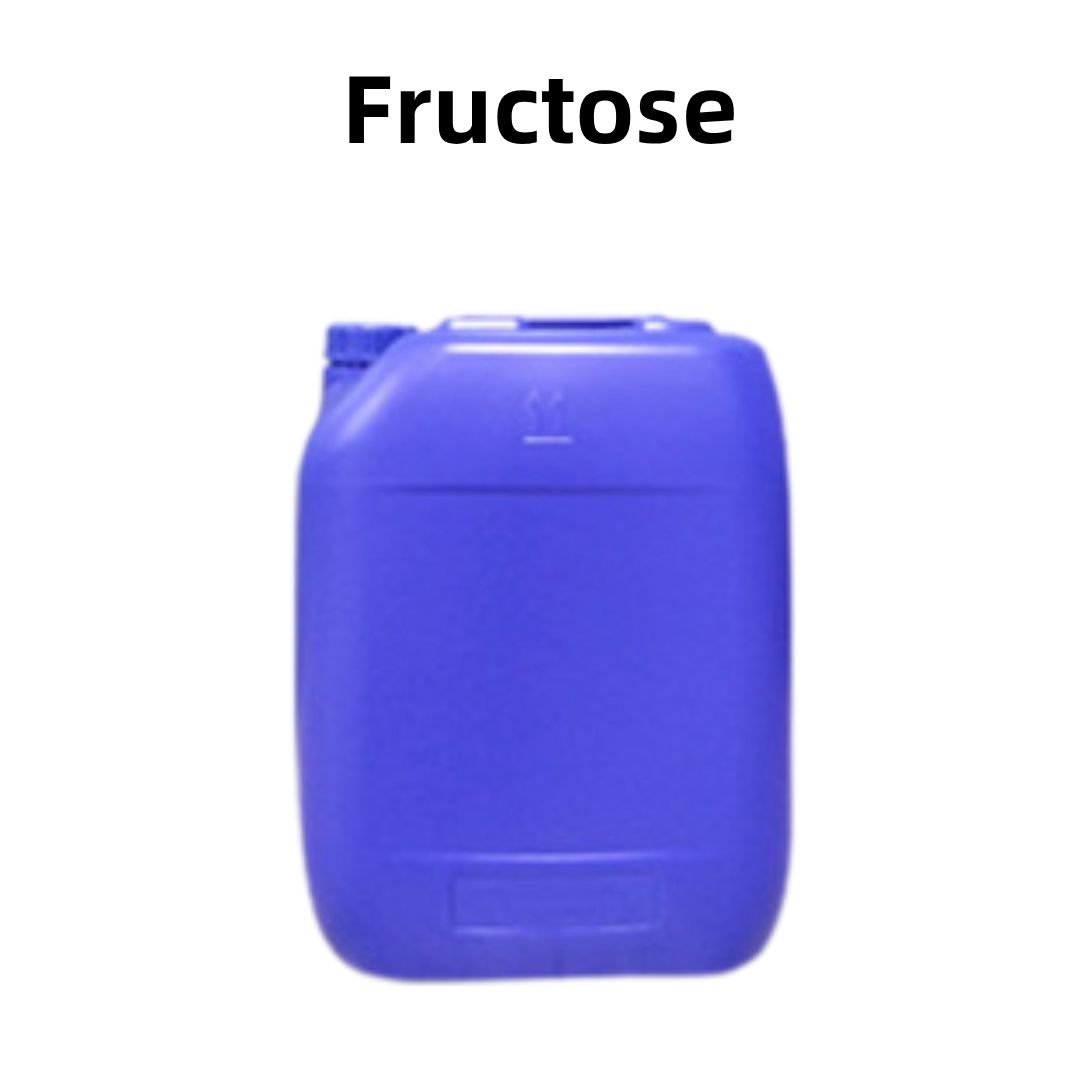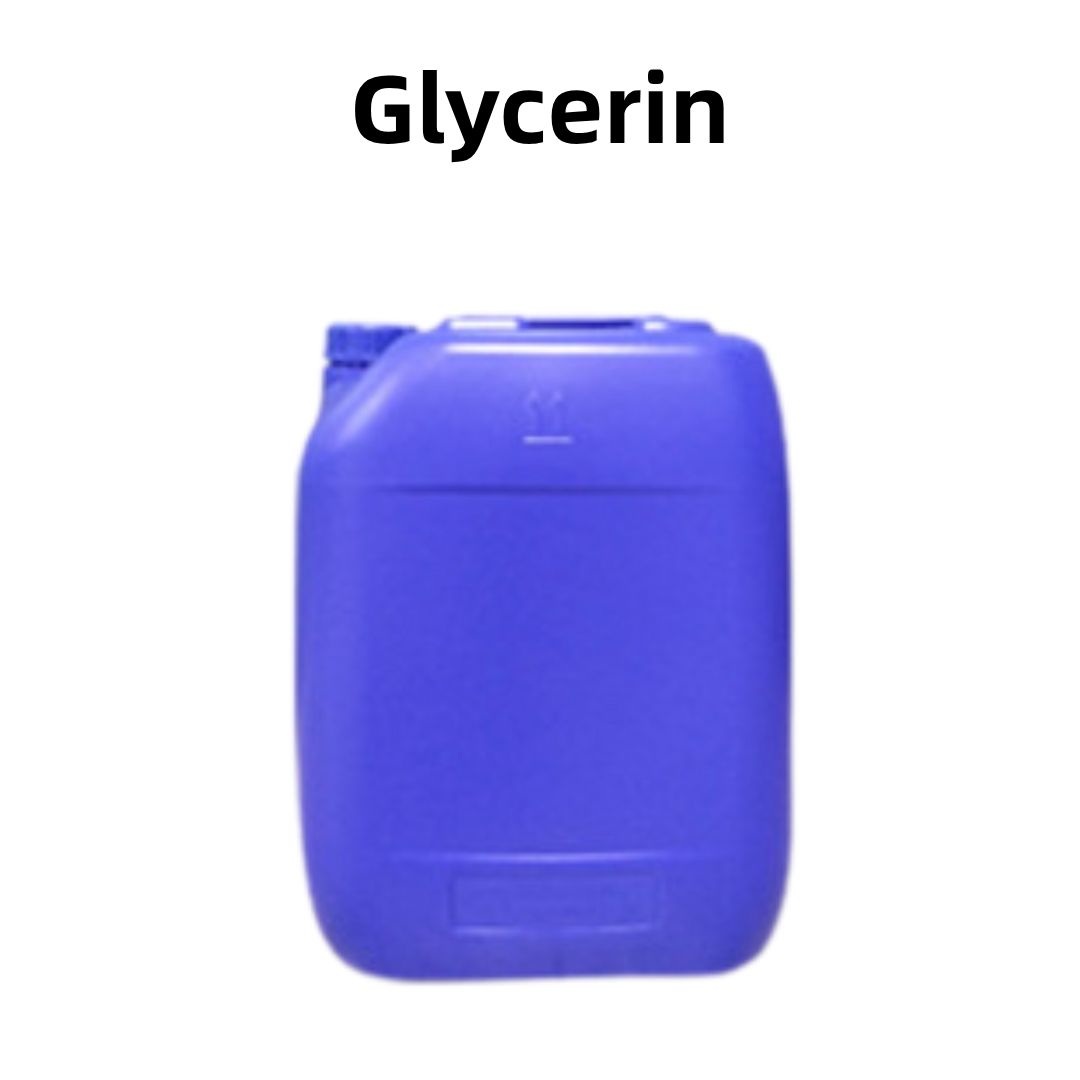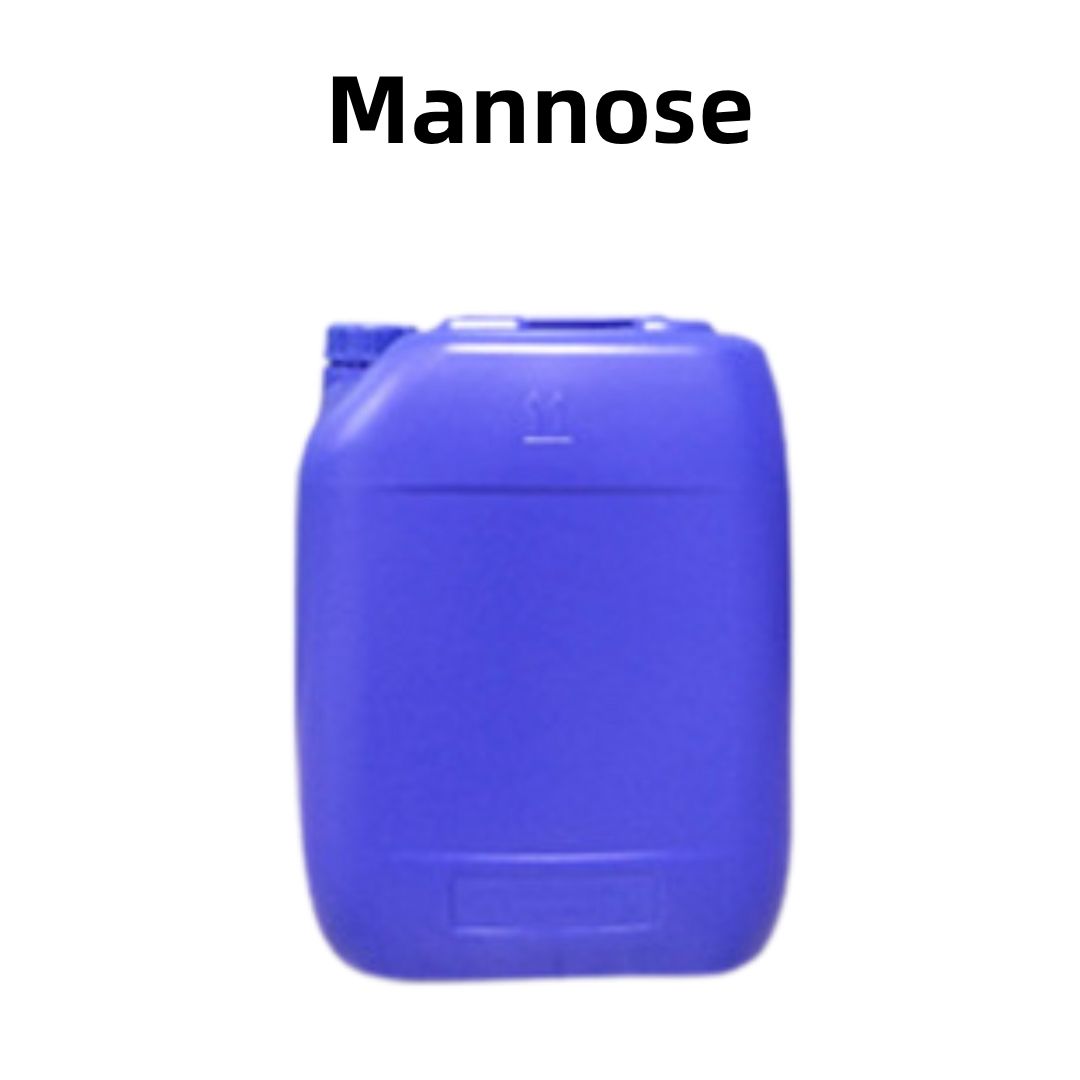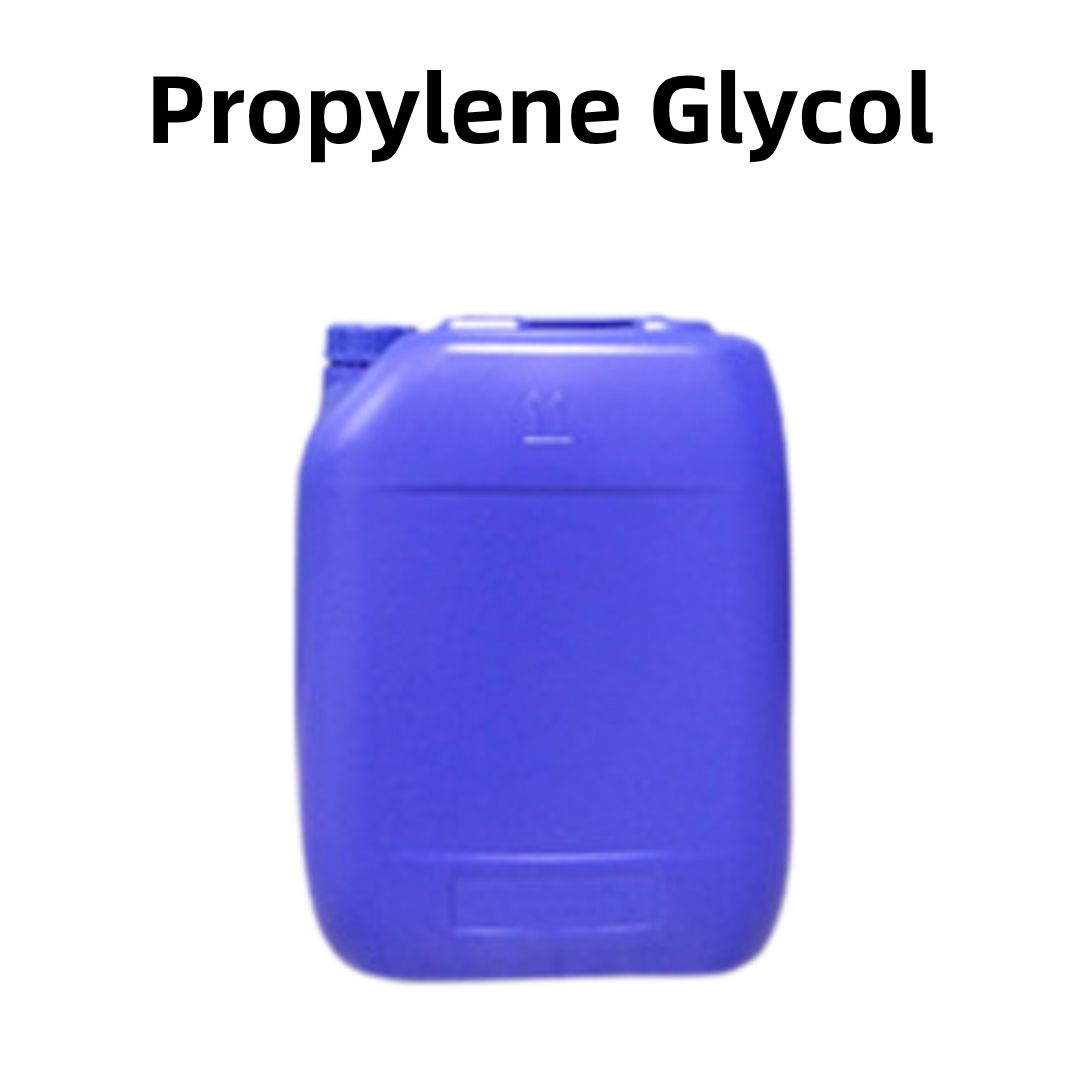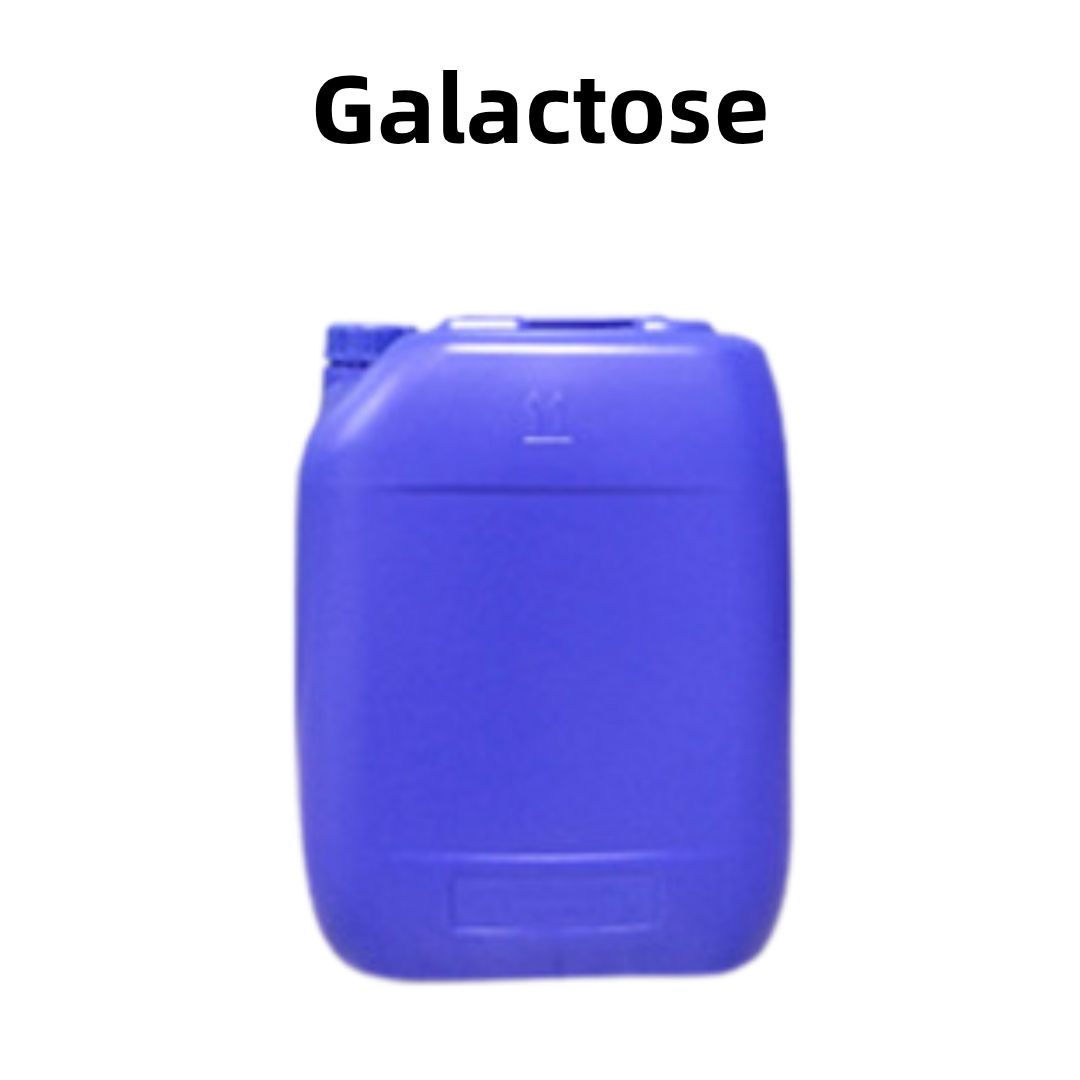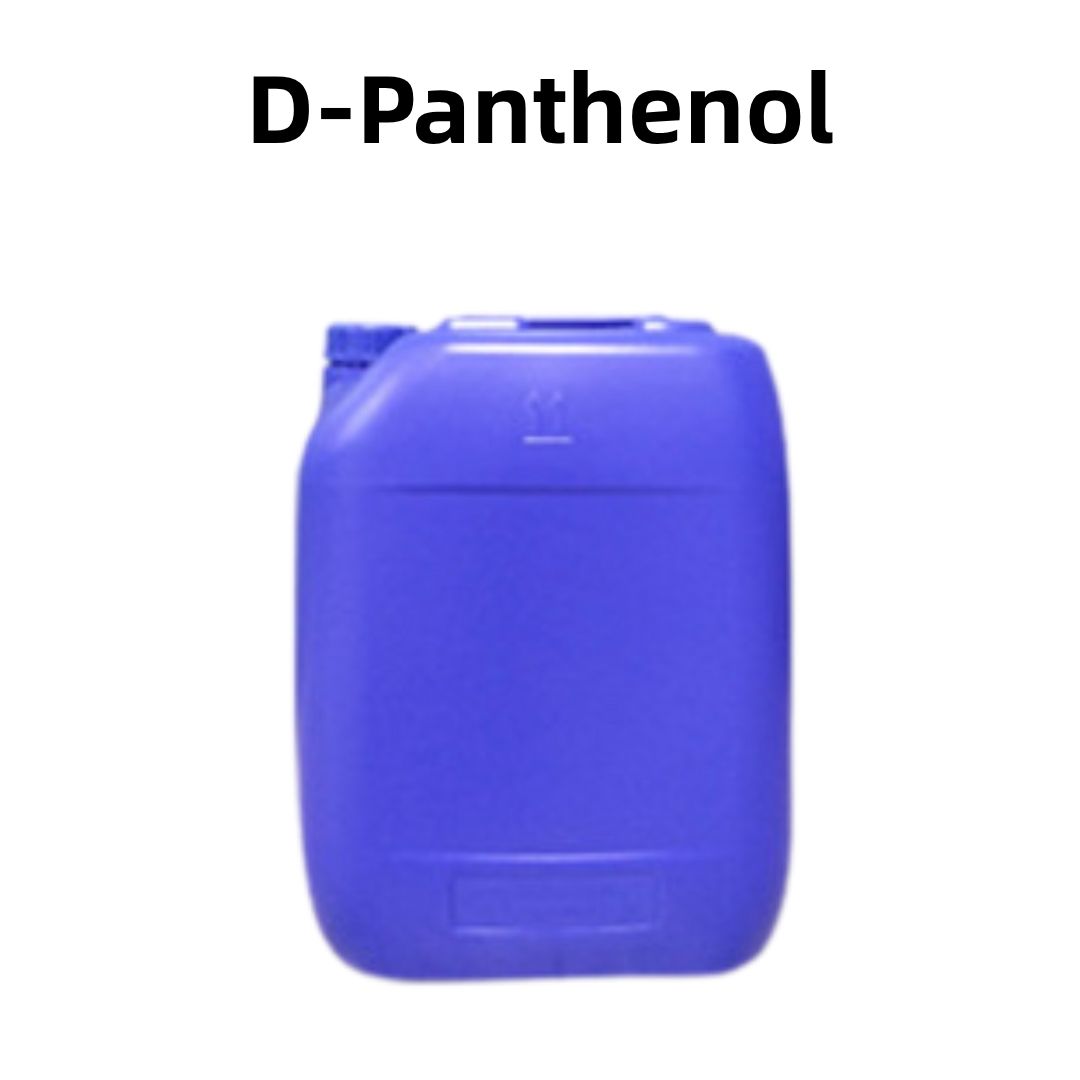Product Introduction
Erythritol is a naturally occurring sugar alcohol that is widely used in various applications due to its unique properties. It is a low-calorie sweetener, often incorporated in food products, leveraging its sweetness without contributing significant calories. In cosmetics, erythritol serves as a humectant, attracting moisture to the skin and enhancing the product's overall effectiveness. Its safety profile and versatility make it a preferred choice in formulations aimed at improving sensory feel and hydration.
Production Process
The production of erythritol typically involves the fermentation of glucose, which can be sourced from corn or other carbohydrate materials. During fermentation, specific yeast or bacteria are used to convert glucose into erythritol. The process involves multiple steps, including fermentation, filtration, and crystallization, resulting in a high-quality product suitable for various applications. Once the erythritol is harvested, it undergoes rigorous purification to ensure that it meets the necessary standards for safety and efficacy.
Efficacy and Function
Erythritol functions primarily as a low-calorie sweetener, providing a sweet taste comparable to sucrose without the accompanying sugar calories. In skincare formulations, it acts as a humectant, which helps retain moisture and improve skin hydration. Its ability to enhance the texture and overall user experience in cosmetic products is noteworthy. Erythritol is also non-glycemic, making it a suitable option for individuals monitoring their sugar intake.
Application Scenarios
Erythritol finds applications across a range of sectors, including food and cosmetics. In dietary products, it is often used in sugar-free and low-calorie formulations to enhance sweetness. In cosmetics, it is commonly included in moisturizers, serums, and other skincare products, delivering hydration and improving the product's sensory profile. It can also be utilized in oral care products, where its sweetness and potential health benefits contribute to overall product appeal.
Packaging and Transportation
- Storage Conditions: The product should be sealed, protected from light, kept away from high temperatures, and stored in a dry, cool, and well-ventilated place.
- Packaging: Bulk packaging is 25kg per drum, sample packaging is 1kg per bottle, and custom packaging is available upon request.
- Shipping Methods: FedEx, DHL, dedicated logistics, and sea freight consolidation.
- Shelf Life: Two years.
Monica Sun’s expertise in the cosmetic ingredients industry spans emulsifiers, active components, and plant-based raw materials development and application. She is dedicated to integrating science and nature, providing high-performance and eco-friendly ingredient solutions for skincare and personal care products.









